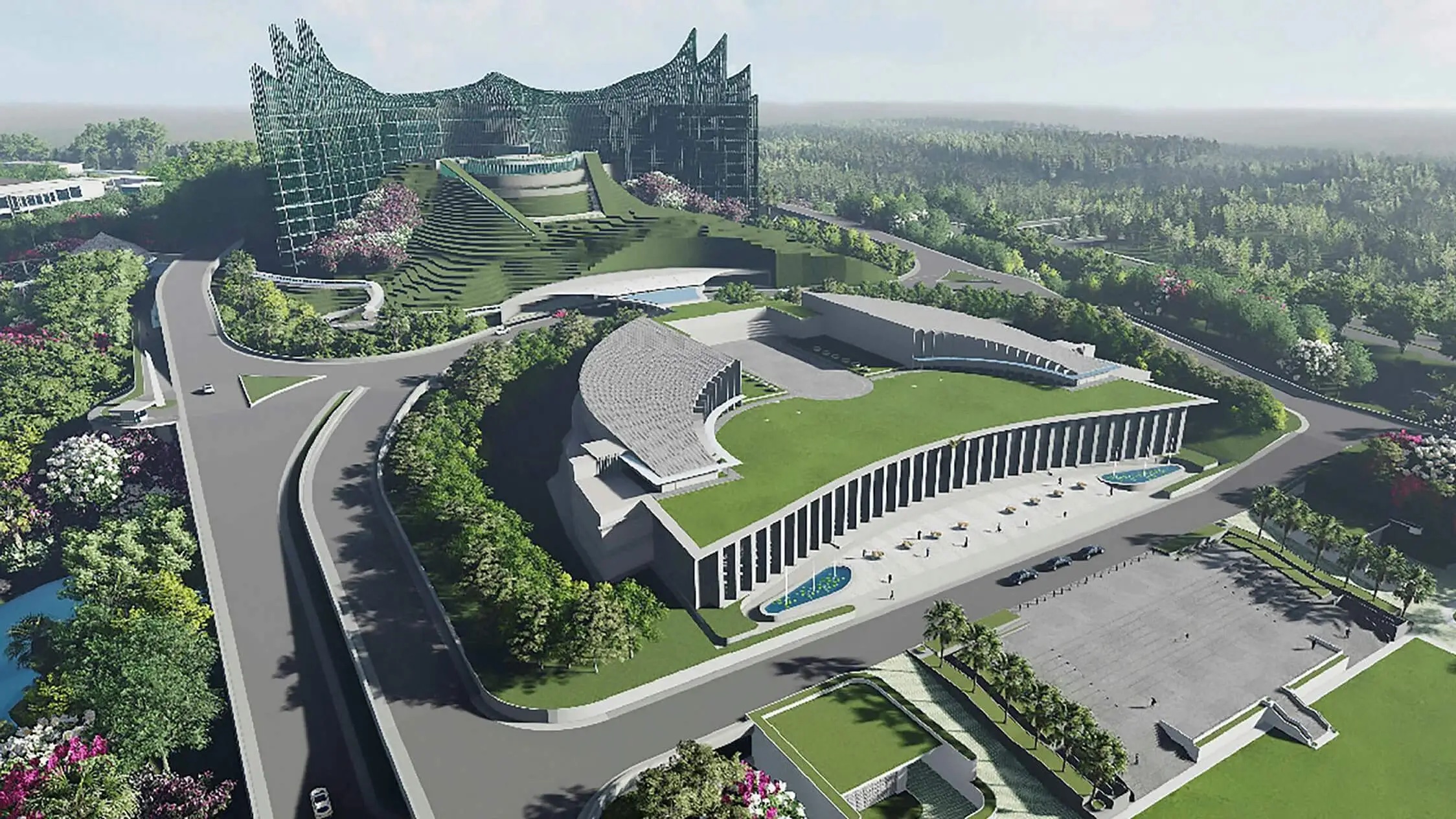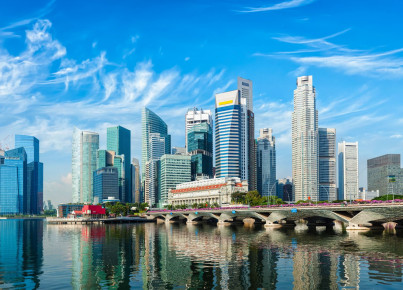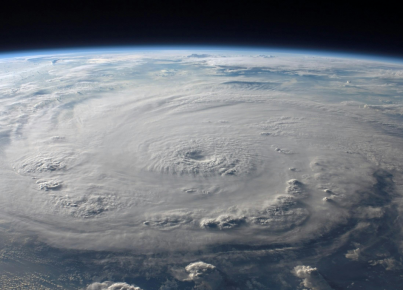The Southeast Asian country's new capital is ready for inauguration, despite many hiccups
By Anna Affranio
In a bold and historic move, in 2019 Indonesian president Jokowi had announced the decision to embark on an ambitious journey to relocate its capital from the bustling metropolis of Jakarta to a newly planned city called Nusantara. This unprecedented initiative is not just about shifting the seat of government but represents a transformative vision for the nation’s future. As Jakarta grapples with chronic issues like severe flooding, pollution, and overcrowding, Nusantara emerges as a beacon of hope, promising a more sustainable and equitable urban environment. Set in the heart of Borneo, this new capital has been designed to be a model city that champions green technology, cultural inclusivity, and economic growth. The relocation to Nusantara marks a pivotal moment in Indonesia's history, reshaping not only the geographic but also the socio-economic landscape of the archipelago.
Construction of the city began in mid 2022, and while it will still take several years for its completion, the Government expects to hold its official inauguration and the largest independence Day celebration on August 17th. President Joko Widodo himself began working from the presidential palace in his country’s new capital Nusantara in the last week of July and reported to have already started receiving officials for meetings here, in the president’s office. The governmental building, also known as Garuda Palace, named and shaped after the mythical bird Garuda—also a symbol on the country's coat of arms, has been completed just in time for inauguration day, and will actually serve as the backdrop for these celebrations. This momentous occasion symbolizes not just the physical relocation of the capital but also the launch of Nusantara as Indonesia's administrative and political heart.
The ambitious project, however, faces a mix of promising strides and formidable challenges. While the vision of creating a sustainable, cutting-edge city in the heart of Borneo continues to inspire, the journey has encountered delays and obstacles, particularly in securing the necessary funding and managing environmental concerns. Despite the government's efforts to adhere to a planned timeline, the complexities of infrastructure development, economic uncertainties, and ecological considerations have made the process more arduous than initially anticipated. The new capital is expected to be a smart, green city that utilizes renewable energy sources and environmentally-friendly waste management. However, the project has been characterized by delays, land acquisition obstacles, and a poor investment profile, among other issues. For instance, the influx of workers from other parts of Indonesia has created new business opportunities but also raised concerns among locals about land grabs, rising costs of living, and environmental degradation. Disputes over land ownership, particularly involving indigenous groups, have led to conflicts, as local communities struggle to assert their rights to the land, which in turns hinder the possibility to receive fair compensation.
Moreover, the estimated project cost of $35 billion, with the government hoping to fund 80% through private investment, has seen lukewarm interest from foreign investors. So far, the government has invested around $3.4 billion, with an additional $2.5 billion from the private sector. In a bid to attract more investment, President Jokowi signed a presidential regulation granting investors a range of rights in the future capital, including land rights for up to 190 years.
In early June, the head and deputy head of the body overseeing Indonesia's planned new capital unexpectedly resigned, raising questions about the project's future development. These leadership changes, coupled with the various challenges, underline the complexities of relocating the capital and developing Nusantara as envisioned.
As Indonesia continues to push forward with this monumental project, Nusantara stands at a crossroads. The success of this new capital will depend on the country's ability to navigate financial, environmental, and social challenges, ensuring that the city not only serves as a political and administrative hub but also as a symbol of a sustainable and inclusive future for all Indonesians.






